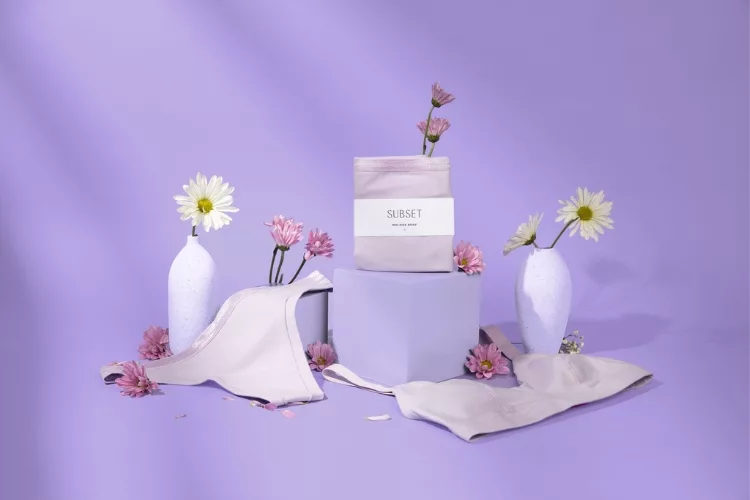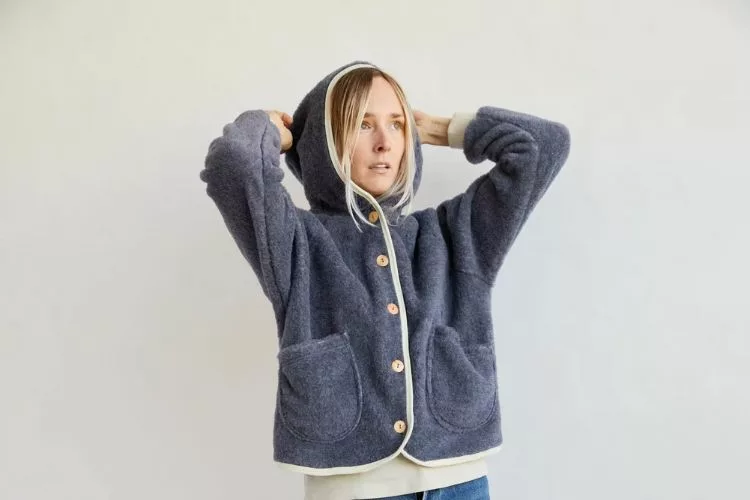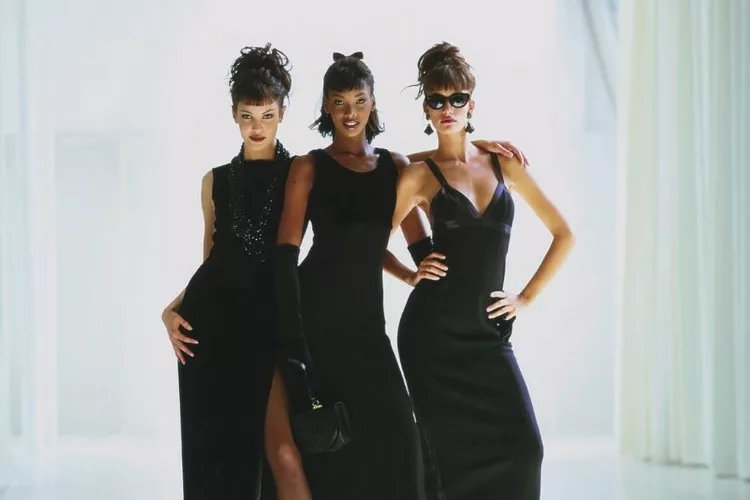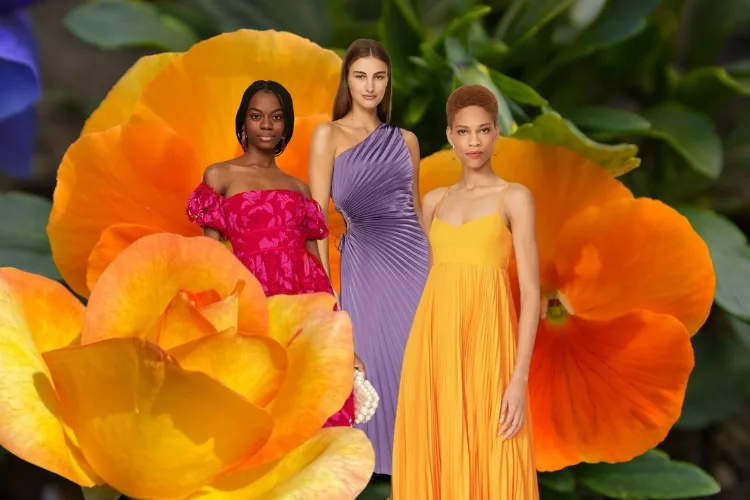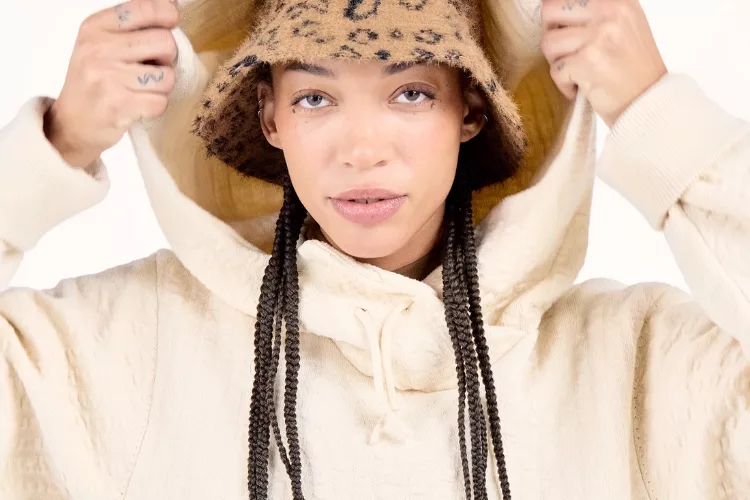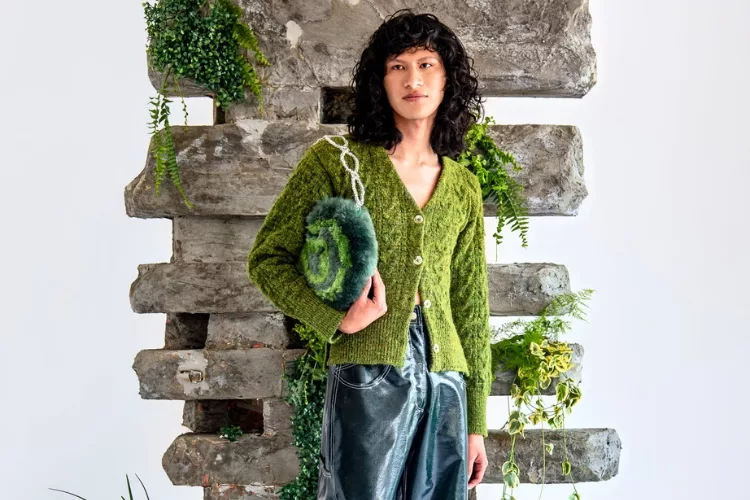
Artist Collabs X Affordable Sustainable/Ethical StreetWear Is a Winning Combination
photo of candytong12 by MrNYCsubway wearing The Phoenix Brand
Shein. ASOS. H&M. Many Gen-Zers who march for climate, bike instead of drive and refuse plastic straws still shop fast fashion. There seems to be a disconnect when it comes to fashion and the planet. But sadly, the majority of garments these brands sell are synthetic which is way worse for the planet than that straw you won’t use.
Look up “sustainable clothing brands” on Google today and multiple pages of different brands will show up. Sustainability is after all a trending word in fashion. So much so that if a brand doesn’t at least have a sustainable initiatives page it is very hard to gather a following. However, with everyone claiming sustainability, it’s hard to pick out those that are actually making a difference. This is where The Phoenix Brand comes on your radar.
Founded in 2020 by Gabrielle Gomes and Trina Assur, The Phoenix Brand is the first plastic free and toxin free streetwear brand.
They are focused on eliminating environmental pollution from the fashion industry. They want their clothes to make an impact on their audience, instead of our earth. This is achieved by using sustainable materials, transparent supply chain and closed loop manufacturing.
“The birth of The Phoenix Brand came on the tailwinds of other industries doing their part,” Assur said. “We had seen an overhaul of the food industry, with every grocery store now carrying organic products. Then we saw it in the beauty industry, with a massive push towards natural inputs and no toxins.”
“Our attention naturally turned to the one corner of the textile industry that seemed to be ignored – apparel,” Gomes said. “The use of synthetic fabrics–fabrics made from plastic–had overtaken consumers’ closets, accounting for over 65% of all clothing produced. Throughout the last few decades, the fashion industry has seen a growing dependence on plastic-based fabrics, particularly polyester, which requires toxic chemical inputs.”
Part of what makes shopping responsibly a challenge for young people is the higher price point. Even if you want a sustainable capsule wardrobe, the average 20-something can’t afford to drop hundreds of dollars on eco-friendly clothing.
“In the market today, you see many “sustainable” options that are outrageously expensive, and the masses are priced out. This is made even clearer as Chinese fast fashion brands, who are supplying low priced, polyester heavy garments, are thriving. It is really that space, and those players we are trying to take on.”
Their strategy is to integrate community directly into their DNA. They create brand collaborations with artists who use their creativity and talent to tell the world their stories.
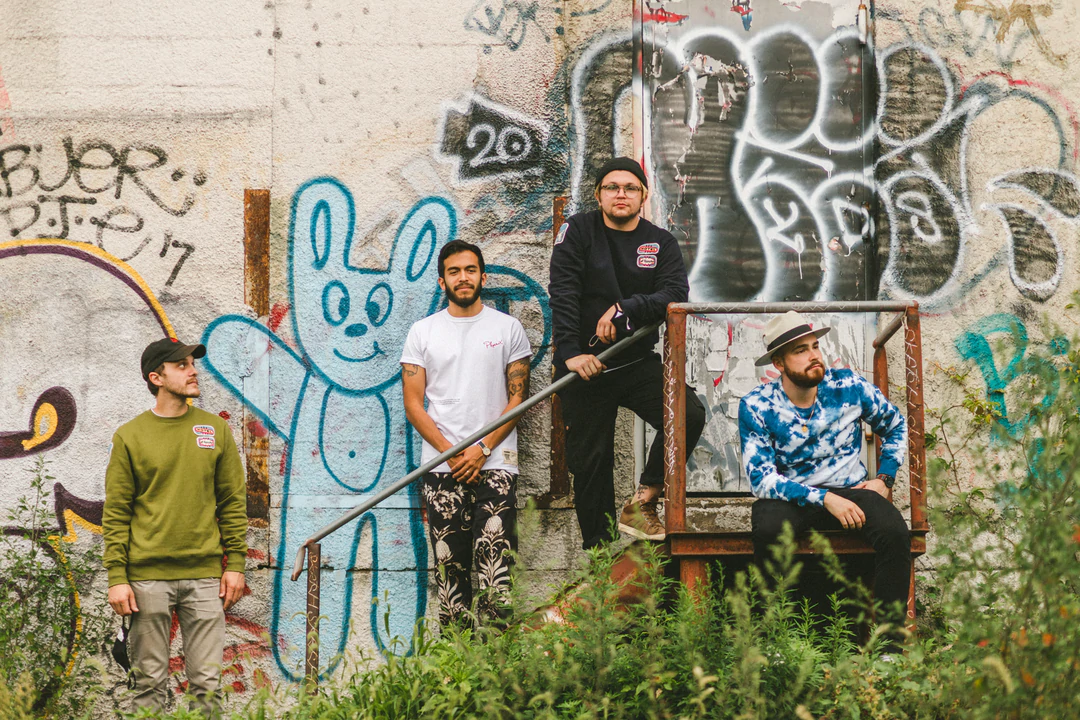
Before meeting Trina and Gabrielle, I knew about the harmful effects of fashion, and I’ve always wanted to do something that would help to change this. It’s always great to tie music with fashion and art in general, so as soon as we had that opportunity to collaborate, with a brand doing the right thing, we had to jump on board. It made a lot of sense and it was really inspiring.
Manuel Canchola, The Flowmingos
Most recently The Phoenix Brand collaborated with Tik Tok star, Bryce Xavier. Bryce uses his platform to break down the walls of sexuality and fashion and advocates for true authenticity.

These limited-edition capsule collaborations pay homage to the artists and their journey. They allow them to share their passions like authenticity, environmentalism and innovation.
But True sustainability Isn’t just about the fabrics, we have to look at Ethical Production as well.
The amount of brands that claim to be sustainable yet have no information on their manufacturing practices or working conditions is really telling. The Phoenix Brand took a lot of time to make sure that the ethics and standards are being held across the whole production process.
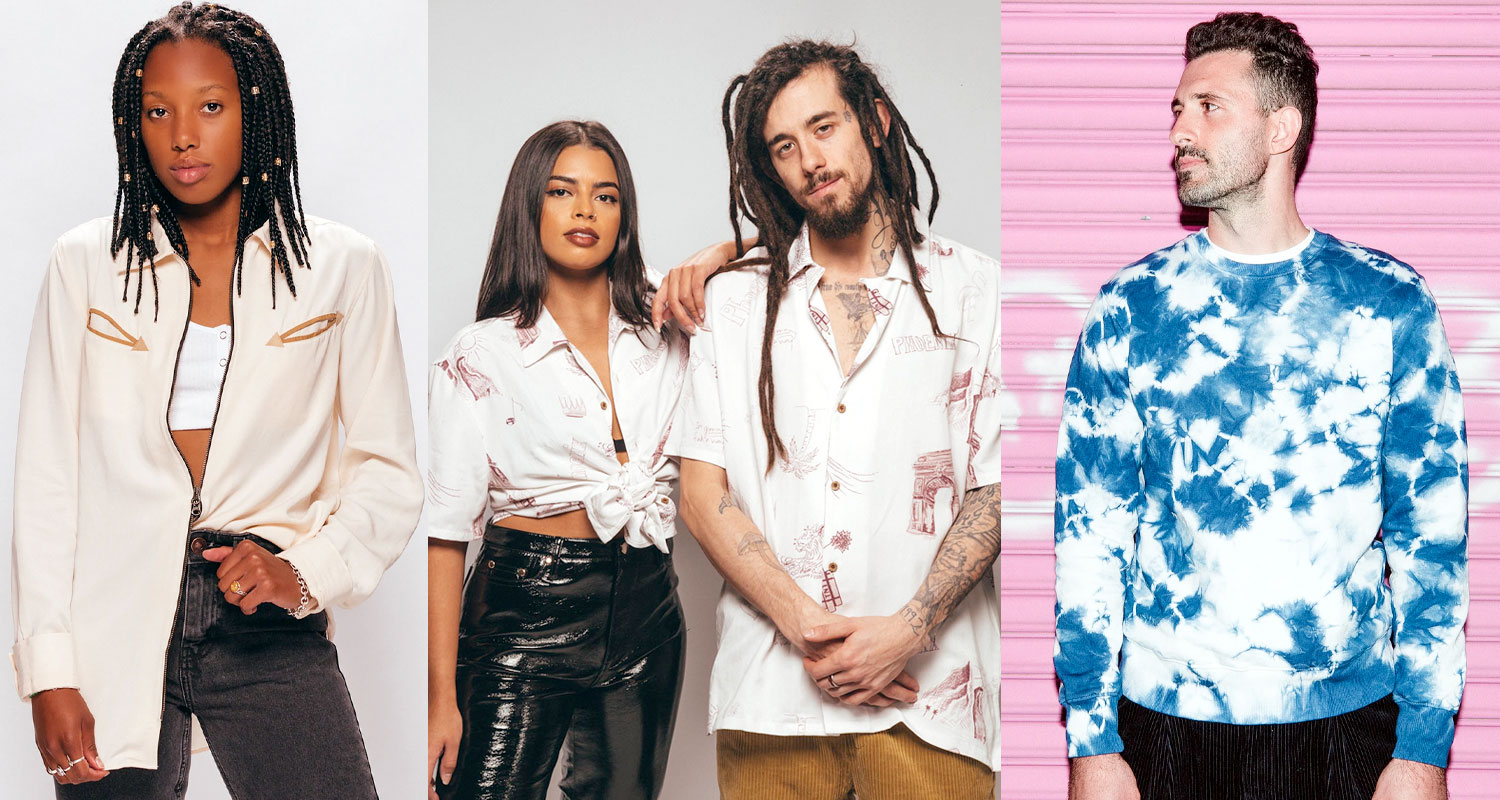
“It took us a long time and a lot of vetting to ensure we had partners who uphold our standards and align with our values [and] vision,” Assur said. “When we were initially vetting them, we brought in a consultant from Parsons who specialized in Sustainable Sourcing to help supplement the supply chain knowledge we had from our previous work at Boll & Branch. Our India factory is GOTS certified, which is the gold standard of certification agencies. In order to achieve that certification at the factory level, there are a number of human and sanitary conditions that must be met and which are audited every year.”
“We are based in NYC, [and] we are always looking for new partners who can uphold our standards, and would love for them to be US based,” Gomes said. “One of our guiding principles is making sustainability and sustainable fabrics more accessible to the masses. We have found that US based manufacturing comes at a premium (and truthfully doesn’t always have the best working conditions). That being said, we continue the search, as part of our daily work to reduce our environmental footprint.”
In two short years they are already making a difference, and one can only imagine what impact that they will have in the future. The Phoenix Brand’s passion to provide affordable fashion along with their dedication to environmentally friendly material innovation is something that is very rare and much needed.
“I think the biggest impact that we have seen is our impact on the growth of the conversation around what the future of sustainability is within the apparel industry,” Gomes said.
As more people join the conversation, consumers are getting smarter. Recycled polyester, and upcycling water bottles into clothing, are no longer as acceptable to consumers as “sustainable” solutions. The plight of our oceans and the impact of microplastics on health are being raised more readily. As customers demand better options, our hope is that we can fill the void.”
Gabrielle Gomes, Co-founder of The Phoenix Brand
–Janelle Sessoms
Related Articles
Shopping Spotlight: FRAME Denim’s Pure Collection
Fossil-free Activewear: How to go from oil-based to Natural Fiber
Want to build an eco-friendly capsule wardrobe? Here’s how.

